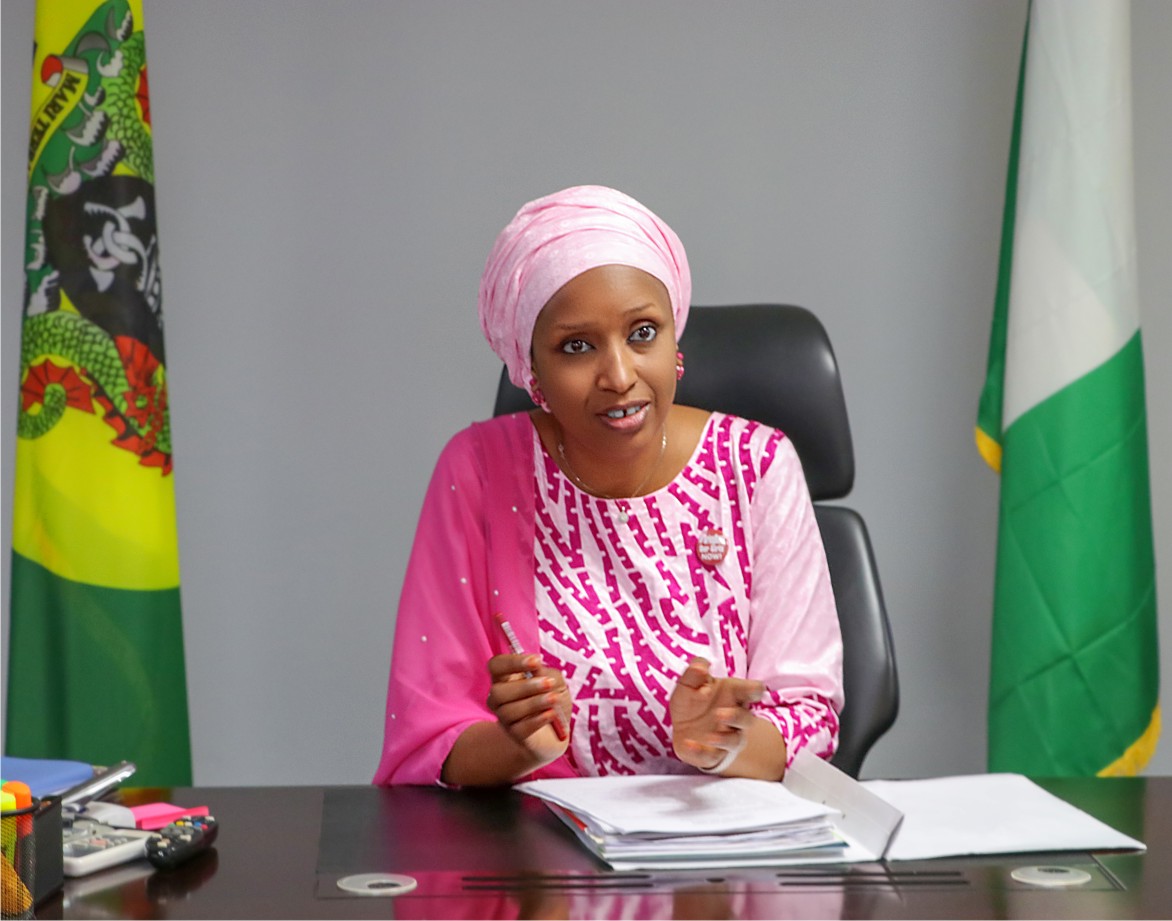
The Managing Director of Nigerian Ports Authority (NPA), Hadiza Bala-Usman, has said the focus of the agency going forward is to aggressively drive investment in deep sea ports to make Nigerian ports competitive and efficient.
She stressed that the absence of the deep sea ports, which provides a depth of draft of about 17 meters, was why Nigerian ports in totality are not competitive.
Speaking on a television programme monitored in Lagos, she said: “We want to get our ports as competitive as we see in other countries and drive the attendant reforms around providing enabling environment for new Deep Sea Ports to come on board.
“As you are aware one of the concerns that we have that make Nigerian ports in totality not competitive is the absence of the deep sea ports, which provides a depth of draft of about 17 meters, which is where the industry is going now.
“The economies of scale encourage larger vessels and that is what is absent in the Nigerian port environment now and we are going to work with the new board to ensure that the deep sea ports that are on the pipeline are concluded in a timely manner.”
She said she would work with the new board of the authority to drive efficiency, map out strategies to further increase revenue for the federal government.
“In the last four years we have seen the NPA grow in lips and bounds, we have seen revenue increased, our contribution to the consolidated revenue has been highest the authority has ever made.
“So, yes it has been a very productive four years for the NPA and for the country as a whole. Revenue generating agencies have risen to the challenge and increased contribution to the government,” she added.
Bala-Usman said the agency was engaging the Nigerian Maritime Administration and Safety Agency (NIMASA) on how to sustain security at the eastern ports.
The eastern ports including Calabar Port, Onne, Port Harcourt, has lost patronage from importers and shipping companies due to insecurity in the region.
The NPA boss noted that the agency has taken steps to revive the eastern ports and it intends to sustain the momentum it is currently yielding.
She said that NPA was also working with the Nigeria Customs Service (NCS), Terminal Operators and other stakeholders to fast track cargo evacuation as well as deployment of scanning machines to the port.
“We will continue to engage with our stakeholders. We recognise that we must enhance efficiency; we must ensure that consignees come to clear their cargoes within the time limit.
“Some of the things we are doing is pushing to ensure that vessels come in good time and are evacuated without delay. We do have attendant challenges as I mentioned, because the waiting time within our ports is not in the optimal manner that we would like it to be,” she said.
She added: “We are working seriously with the Terminal Operators and Nigerian Customs to fast track the process of evacuating cargoes and also importantly, the inspection of cargoes.
“This is something that is great priority for the Ports Authority, for the Nigerian Government, more so for the Nigeria Customs. We need to deploy scanners in our ports so that cargoes can be inspected using scanners. Right now as a lot of consignees are aware, cargoes are inspected physically.
“So, having the entire cargo that come into Nigeria being physically examined, you would look at how difficult and challenging that would be and the time frame with which we would have that attendant longer window because the inspection officers would have to literally have to open all the containers that come in.
“So, ensuring that we deploy scanners are key for us and ensuring that we put in place automation mechanism for improving efficiency. “As you are aware, we had a challenge with APM Terminal, one of our largest container terminals in the last few months but they have complied with all the regulations and have imported all the necessary equipment/cranes needed for fast evacuation of cargoes and indeed that’s what we need.”

